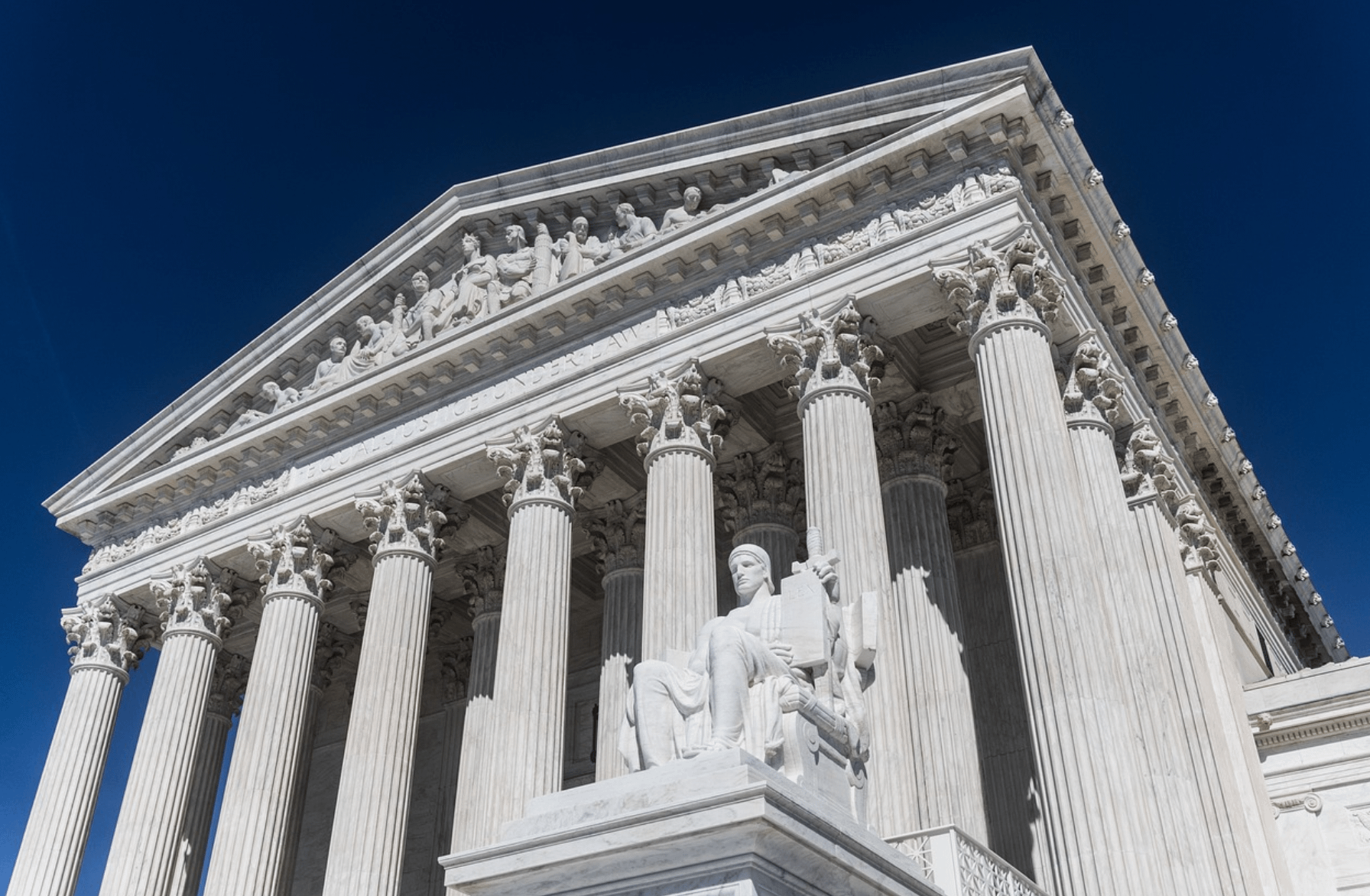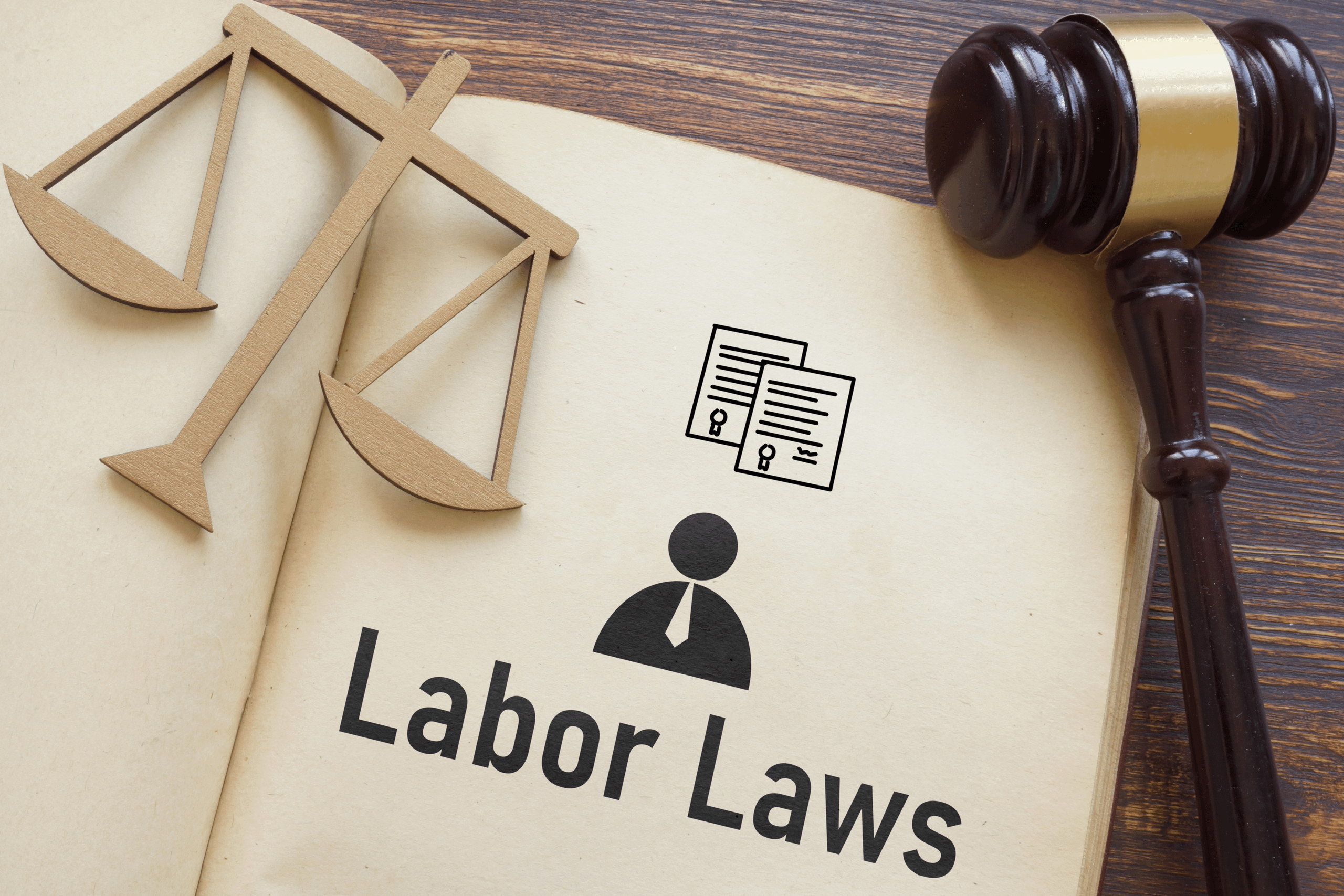By Justin Kelton
The Second Circuit’s recent decision in Legg v. Ulster County—F.3d—2020 WL 6325857 (2d Cir. Oct. 29, 2020) resolved for the first time whether a party may appeal a post-trial judgment after accepting remittitur for certain claims. The Court’s holding provides critical guidance on a key strategic option available to trial and appellate attorneys seeking to lock in a partial victory and reduce risk while pursuing an appeal.
The Underlying Trial and the District Court’s Remittitur Order
In Legg, the plaintiffs were four female corrections officers employed by the Ulster County Jail, who brought claims for, among other things, sexual harassment and a hostile work environment. While certain claims were dismissed by the district court, a plaintiff named Patricia Watson proceeded to trial on her Title VII hostile work environment and § 1983 claims against the County. At trial, the evidence included “proof of a pervasively sexualized working environment inhospitable to female employees.” Id. at *2. For example, the trial evidence established that male corrections officers viewed and circulated pornography in the office, used pornographic screensavers on their work computers, and engaged in sexual comments and banter, and inappropriate touching. Id. at *3.
After a five-day jury trial, the jury rendered a verdict for the County as to two of the plaintiffs’ claims, and rendered a verdict in favor of plaintiff Watson on her hostile work environment claims. The jury awarded Watson $200,000 in compensatory damages for her Title VII claim and $200,000 in compensatory damages for her § 1983 claim.
The district court granted the County’s motion for judgment as a matter of law dismissing Watson’s § 1983 claim, while sustaining the jury’s verdict for Watson on her Title VII claim. Id. at *5. However, the district court found the jury’s $200,000 damages award on the Title VII claim “clearly excessive.” Id. Therefore, the court advised the parties that it would order a new trial on the Title VII claim unless Watson agreed to a remittitur—which the trial court described as “a statement by the court that it is shocked by the jury’s award of damages”—reducing the Title VII award to $75,000. See Legg. v. Ulster County, 09-cv-00550-FJS-RFT, 2017 WL 3668777, at *12 (N.D.N.Y. August 24, 2017). The district court explained that upon issuance of a remittitur order, “a plaintiff [must] choose between reduction of an excessive verdict and a new trial.” Id.
Watson accepted the remittitur, and the district court entered final judgment. However, Watson subsequently appealed the district court’s award of judgment as a matter of law dismissing her § 1983 claim. On appeal, the County argued that “Watson cannot proceed with her appeal after accepting remittitur on her Title VII claim.” Id. at *6. In support of this argument, the County cited Donovan v. Penn Shipping Co., 429 U.S. 648, 649, 97 S.Ct. 835, 51 L.Ed.2d 112 (1977), in which the United States Supreme Court held that “a plaintiff cannot appeal the propriety of a remittitur order to which [s]he has agreed.”
The Second Circuit Holds that a Party is Not Precluded from Appealing Portions of a Judgment by Virtue of Having Accepted Remittitur
The Second Circuit treated the remittitur argument raised by the County as a matter of first impression. The Court looked to decisions from the Ninth and Fifth Circuits for guidance, and held that “[o]ur sister circuits have unanimously held that accepting remittitur on one claim does not bar a plaintiff from appealing claims that are ‘separate and distinct.’” Legg, at *7 (citing Denholm v. Houghton Mifflin Co., 912 F.2d 357, 360 (9th Cir. 1990) and Lanier v. Sallas, 777 F.2d 321, 325 (5th Cir. 1985)).
Watson accepted the remittitur, and the district court entered final judgment. However, Watson subsequently appealed the district court’s award of judgment as a matter of law dismissing her § 1983 claim. On appeal, the County argued that “Watson cannot proceed with her appeal after accepting remittitur on her Title VII claim.” Id. at *6. In support of this argument, the County cited Donovan v. Penn Shipping Co., 429 U.S. 648, 649, 97 S.Ct. 835, 51 L.Ed.2d 112 (1977), in which the United States Supreme Court held that “a plaintiff cannot appeal the propriety of a remittitur order to which [s]he has agreed.”
However, the Court reasoned, “[t]hese considerations do not apply to causes of action that ‘require different evidentiary showings.’” Id. In the case at bar, plaintiff Watson was required to prove different elements to establish her Title VII and § 1983 hostile work environment claims. Specifically, to prove a § 1983 claim she needed to demonstrate that “an official policy of the municipality caused [her] constitutional injury,” but no such showing was required for the Title VII claim. Therefore, the Court held that the § 1983 claim was “separate and distinct” from her Title VII claim, and the plaintiff could thus proceed with her appeal. Id. at *8.
The Takeaway: Remittitur is Not the End.
The Second Circuit’s ruling in Legg recognized for the first time a valuable right—namely, that litigants may accept remittitur for certain causes of action, while also reserving their right to pursue appeals regarding claims that are sufficiently “distinct” and require different evidentiary showings. This strategy provides parties and their counsel with the ability to reduce risk by assuring certain favorable (or at least tolerable) outcomes, while pressing an appeal for other causes of action. That flexibility can be a useful tool to maximize results when a litigant faces the often-difficult decision of whether to accept remittitur.
Justin T. Kelton is a partner at Abrams, Fensterman, Fensterman, Eisman, Formato, Ferrara, Wolf & Carone, LLP, where he focuses on complex commercial and employment litigation. He can be reached at 718-215-5300 or [email protected].
Reprinted with permission from the December 7, 2020 edition of The New York Law Journal, © 2020 ALM Media Properties, LLC. All rights reserved.
Further duplication without permission is prohibited. ALMReprints.com – 877-257-3382 – [email protected].





